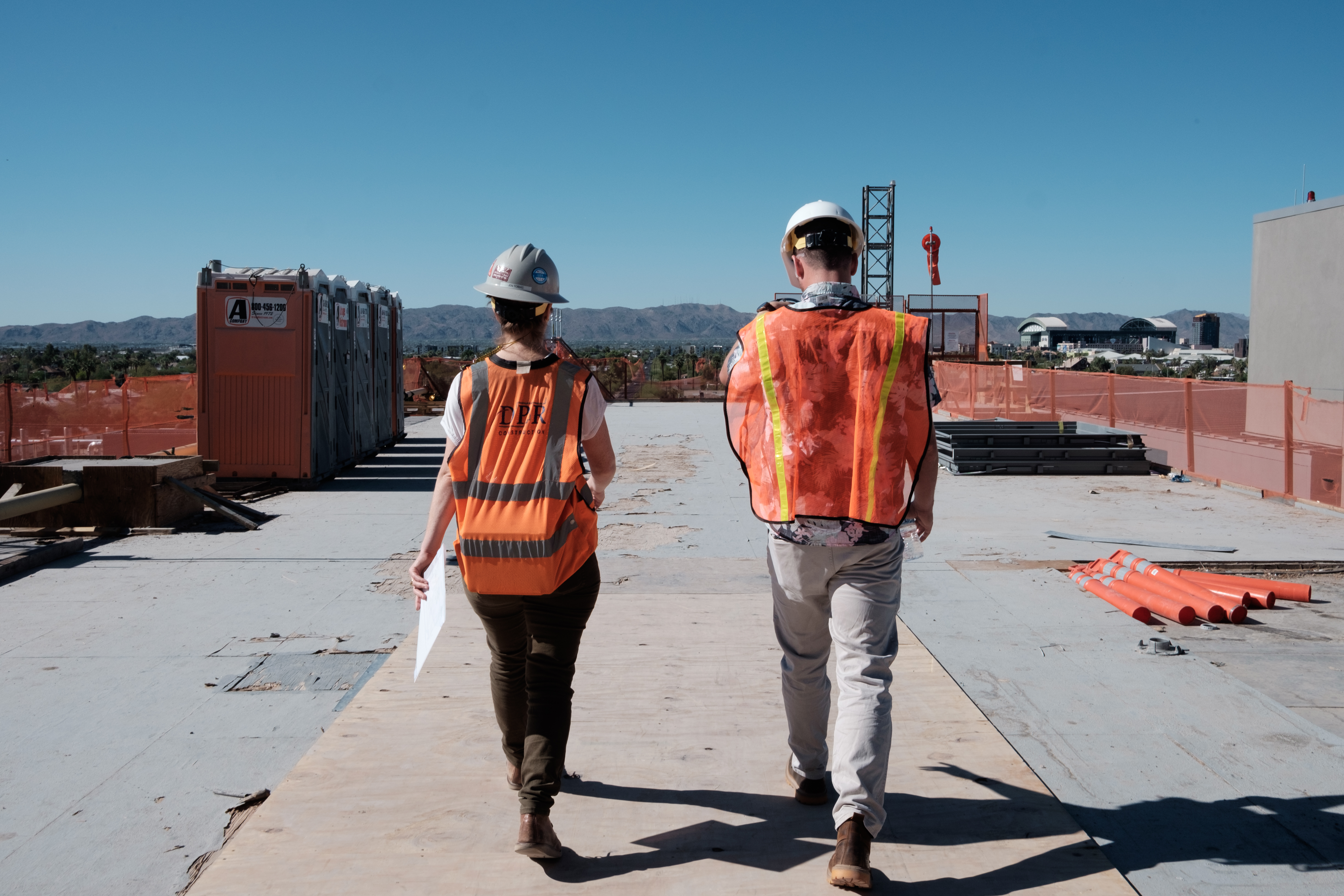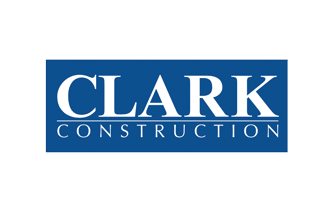The construction industry’s strategic priorities for 2023
With the New Year comes the time to set new goals and implement strategies to keep the business competitive. When determining the objectives and key results for the year ahead, general contractors and subcontractors must think of their own goals and constraints, and take into account the challenges and issues that affect the sector as a whole. Here are four topics that will be a priority for construction businesses in 2023:
Reducing carbon emissions
According to the International Energy Agency (IEA), the building and construction industry accounts for 36% of final energy use and 39% of energy and process-related carbon dioxide (CO2) emissions, globally. As a result, construction businesses have a key role to play in addressing the climate emergency and reducing the consumption of fossil fuels by 40% by 2030, as agreed as the common goal set by the Paris Agreement. Reducing the carbon footprint of the construction industry – from energy efficient buildings to net zero job sites – is a top priority for 2023.
Many actions can be taken to make the sector greener and more sustainable: for instance investing in electric or hydrogen vehicles and heavy machinery, or in ecological materials such as low-carbon cement. Another measure to reduce emissions is using a digital site management tool, which not only saves paper but also allows teams to limit trips between the office and the site. A construction management software will also reduce waste and improve jobsite productivity, therefore decreasing carbon emissions and production costs.

Preventing accidents and reducing risk exposure
The safety of construction site workers is always a priority for construction companies – and there is a lot to improve. According to Eurostat, the statistical office of the European Union, the highest incidence of non-fatal accidents at work in the EU in 2020 was observed in construction, with 2,987 such accidents per 100,000 persons employed. The sector is also responsible for more than a fifth of all fatal accidents at work in the region.
Construction is the UK's deadliest industry, with 30 fatal injuries to workers reported between 2021 and 2022, according to the Health and Safety Executive (HSE). On an average, 59,000 non-fatal injuries happen yearly. Over the last three years (2019-22), there were an estimated 78,000 work-related ill health cases (new or longstanding), with 53% of them being musculoskeletal disorders.
Improving existing prevention strategies and adopting new ones remains a major challenge for construction companies. It is important to keep your teams up-to-date with the latest guidelines, and also to perform safety audits. With Fieldwire, safety forms are time-stamped and catalogued in one central location, making the project data easily searchable if compliance issues ever occur. Keeping accurate safety documentation not only helps protect contractors from potential litigation, but also improves jobsite safety by identifying hazards and reducing risk before work even begins.
Investing in safety will have important consequences not only for the health and well-being of employees ,but also their performance, with fewer days of absences due to accidents.
Life-long learning
We’ve said it before: educating your teams about new technologies and skill sets results in meeting deadlines, reducing wear and tear on equipment, saving fuel and money and keeping your teams safe.
The construction industry is constantly evolving, with new technologies and techniques being developed all the time, as well as changing regulatory requirements. More than a nice-to-have, life-long learning is essential for construction teams to stay competitive, comply with regulations, maintain high safety standards, and improve efficiency. It is also a way to bridge the gap between experienced employees, who may not be familiar with new tools and software, and new hires, who are still learning best practices. As a result, investing in life-long learning is a way to stay competitive and deliver the best results for clients.
Digitalisation
One of the five key topics discussed during BAUMA 2022, digitalisation will continue to be a top priority for contractors in 2023. A report published in 2022 by RICS, the Royal Institute of Chartered Surveyors, states that 40% of construction companies worldwide are not using digital technologies on any of their projects. This results in a lot of missed opportunities, since digital tools can help streamline processes, communicate and coordinate tasks easily, track performance, and reduce risk – overall saving money, time and resources. Seven out of ten companies interviewed by RICS agree that adopting new technology helped them improve their processes and practices in cost estimation, prediction, planning and control.
Starting with only one digital tool can already have a big impact. A construction management software, for example, can bring significant benefits, such as improved efficiency, increased collaboration, enhanced accuracy, and cost savings. It also makes task management, plan viewing and inspections much easier, and enhances productivity when it comes to reports, snag lists, and RFIs.
Despite the clear advantages of digitalisation in construction, there is still some resistance. “Cost and effort to make changes”, and a “shortage of skilled persons” were quoted by the RICS’ report as the main barriers to digitalisation adoption. A sign that, “as is true of many change initiatives, there is an issue with the realisation of improvements”. Adopting an easy to use digital tool like Fieldwire can help construction teams adjust easily to the process and practice changes and quickly see the benefits of digitising the jobsite management.
Want to start the year improving your company’s productivity? Try Fieldwire now:

 Taís Oliveira •
Taís Oliveira • 
















